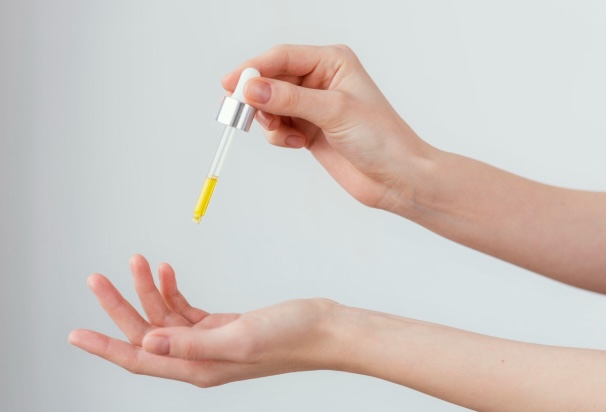Sensitive Skin: How to Choose the Right Skin Care Products

Are you fed up with your skin acting out whenever you try a new product? You likely have sensitive skin if your skin stings, itches, get inflamed or reacts negatively to typical skincare items. Choosing the right products for sensitive skin can be a daunting task. Don’t worry; we’re here to take you through a comprehensive guide on navigating this skincare labyrinth. We’ll even delve into serums, an essential item to consider.
Understanding Sensitive Skin
Sensitive skin is characterised by frequent inflammation and adverse reactions to skin care products. It can result from genetic factors, allergies, or environmental influences. Redness, itching, burning, and dryness are common indicators of sensitive skin. Understanding your skin and its needs is the first step towards finding suitable skin care products.
Knowing Your Skin Type
Understanding your skin type is a significant part of the process. Recognising your skin type is critical for selecting appropriate products for normal, dry, oily, combination, or sensitive. Sensitive skin, however, can overlap with other types, making the selection of skin care products slightly more complicated.
Ingredients to Avoid
Certain ingredients in skincare products may trigger irritation and should be avoided if you have sensitive skin.
● Artificial Fragrances and Colours
Many skin care products contain artificial fragrances and colours, which can cause skin reactions. Opt for fragrance-free or ‘for sensitive skin’ labelled products.
● Alcohols
Alcohols such as ethanol, isopropyl alcohol, and alcohol denat can strip the skin of its natural oils, leading to dryness and irritation. Instead, look for products with fatty alcohols like cetyl, stearyl, and cetearyl alcohol which are skin-friendly.
● Sulphates
Sulphates, such as sodium lauryl sulphate (SLS) and sodium laureth sulphate (SLES), cause skin irritation and dryness. Choose sulphate-free cleansers and shampoos.
Ingredients to Seek
While some ingredients may cause harm, others can do wonders for sensitive skin.
● Aloe Vera
Aloe Vera is known for its soothing properties. It can help to reduce inflammation and irritation, making it ideal for sensitive skin.
● Chamomile
Chamomile has anti-inflammatory properties that can soothe irritated skin. It’s often found in creams, lotions and serums.
● Ceramides
Ceramides are lipids that help form the skin’s barrier and help the skin retain moisture. They’re great for sensitive skin as they replenish its natural lipids.
Choosing the Right Products
Now that you know what to avoid and seek, choose the right skincare products.
● Patch Test
Before fully applying a new product, perform a patch test. Apply a small amount on your forearm and wait 24 hours to see if any reaction occurs. If it does, it’s best to avoid that product.
● Keep it Simple
When it comes to sensitive skin, less is more. Aim for products with fewer ingredients, and avoid complicated routines. Your skin will thank you!
● Moisturise Daily
Keeping your skin moisturised can prevent dryness and irritation. Look for a moisturiser that is fragrance-free and hypoallergenic.
● Sunscreens
Sensitive skin is more vulnerable to sun damage. Choose mineral sunscreens with zinc oxide or titanium dioxide that sit on the skin’s surface and reflect the sun’s rays.
Conclusion
When it comes to sensitive skin, it’s all about understanding your skin and what to look for and avoid in your skincare products. Choosing the right products for sensitive skin can seem like a daunting task, but by following the guidelines discussed, it’s easier than you might think. Remember to patch-test new products and keep your skincare routine simple.
Opt for gentle, hypoallergenic, and fragrance-free products whenever possible. Look for ingredients that can soothe and replenish your skin, like aloe vera, chamomile, and ceramides. Avoid products containing potential irritants like artificial fragrances and colours, alcohol, and sulphates.




























